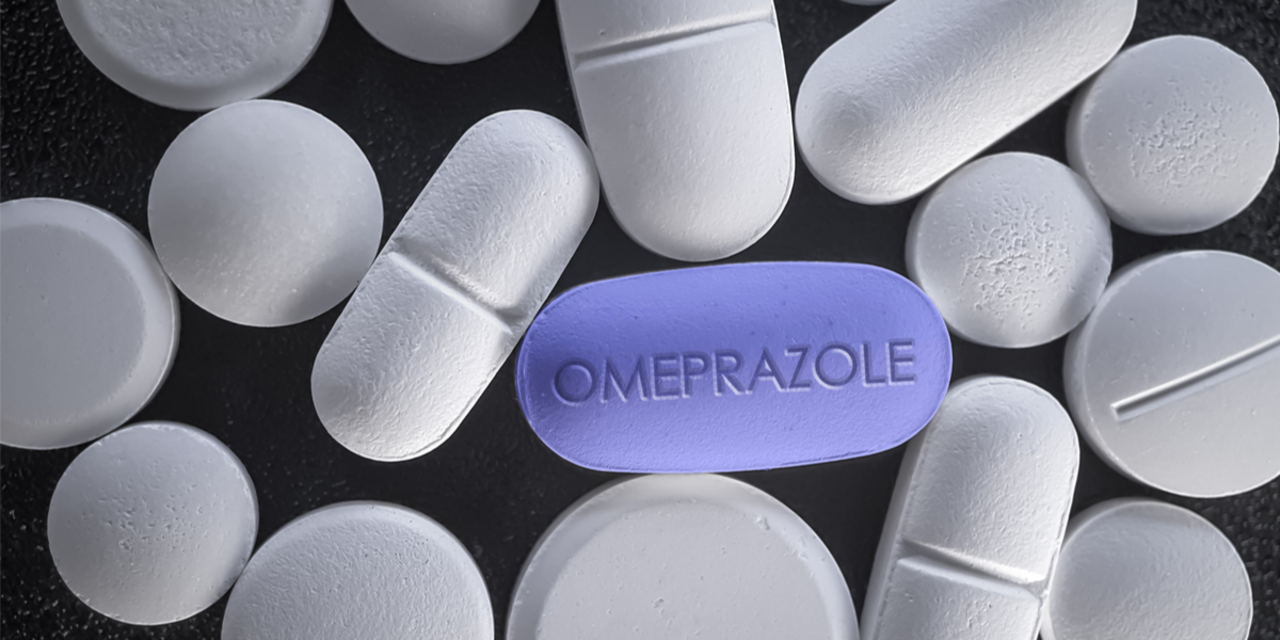Medication Adjustment: How to Change a Dose Safely
Adjusting a medication means changing its dose, timing, stopping it, or switching to another drug. People need adjustments for many reasons: side effects, new lab results, kidney or liver changes, pregnancy, interactions, or when a drug just isn’t working. The goal is simple—get the benefit while avoiding harm. Do it with a clear plan, not guesswork.
Step-by-step: How to approach an adjustment
1) Don’t change doses on your own. Call the prescriber or talk to a pharmacist first. Some drugs need slow tapering or medical monitoring.
2) Make a complete medication list before the visit. Include prescription drugs, over-the-counter meds, supplements, and how you take them (dose and time). Small details matter—taking a pill at night vs morning can change effects.
3) Ask focused questions when you talk to your clinician: What is the treatment goal? How long until I see benefit? What signs mean the dose is too high or too low? Do I need blood tests or EKGs? Do I need to stop anything else while starting this?
4) Get a written plan. A clear instruction—like a taper schedule or monitoring calendar—reduces mistakes. If the plan involves stopping a drug, ask whether to reduce gradually and by how much each week.
5) Use tools to follow the plan: a pill organizer, smartphone reminders, or a simple chart. Note any new symptoms and the date they started. Share that log with your clinician at follow-up.
Common examples and special situations
Some examples show why care matters. Benzodiazepines and some sleep medicines often need slow tapering to avoid withdrawal. Anticoagulants and heart rhythm drugs may require precise timing when switching — gaps or overlaps can cause bleeding or clots. Several antibiotics and diabetes drugs need dose changes if kidney function drops, so recent lab results matter.
The elderly usually need lower doses because their bodies clear drugs slower and they are more sensitive to side effects like dizziness and confusion. Pregnant people and children also need special dosing and safety checks. Supplements aren’t harmless: St. John’s wort can reduce some prescription drug levels, and high-dose vitamin K affects blood thinners.
If you notice severe reactions—difficulty breathing, swelling of face or throat, fainting, chest pain, or sudden mental changes—stop the drug if safe and get emergency care. For less severe problems, call your prescriber and describe symptoms, timing, and any other medicines or supplements you’re using.
Final tip: ask your pharmacist for a medication review once a year or after any hospital stay. A second pair of eyes often catches interactions or unnecessary duplicates. Keep your med list up to date and share it at every visit—good communication prevents mistakes and keeps adjustments safe and effective.

Omeprazole dosage: Finding the right amount for your needs
Today, I want to discuss omeprazole dosage and how to find the right amount for your needs. Omeprazole is an effective medication for treating various gastrointestinal issues, but it's important to take the proper dosage for optimal results. Consulting with your doctor is always the best way to determine the most suitable dosage for your specific condition. Remember that factors such as age, weight, and severity of symptoms can all influence the appropriate dose. Always follow your doctor's recommendations and never self-medicate to ensure your safety and well-being.
Read More